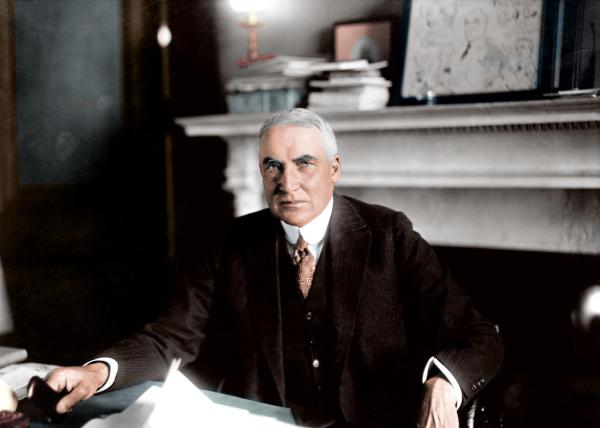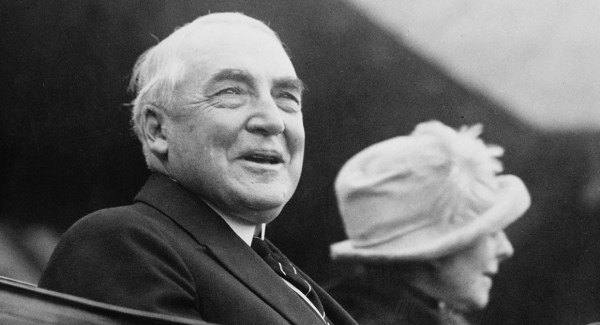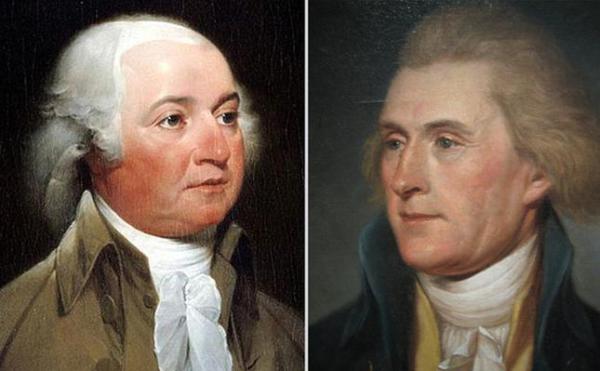On November 5, 2025 I lost my father, Steve. We had his funeral a few days later and I gave a eulogy. Here is what I said:
There’s so much I could say about this man who meant so much to me over time on this Earth. He was the best father a man could ask for, the hardest working man I ever knew (most of which did NOT rub off on me), the kindest, most generous as well. We have heard from so many in these last few days about how good of a man my dad was, how generous he was, how nice he was, and how great of a coach and mentor he was.
Continue reading “My Dad”








